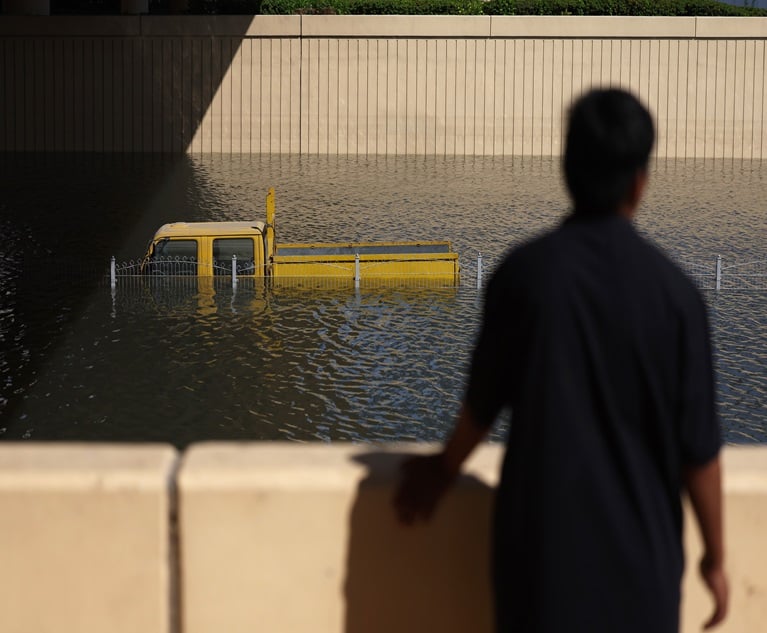That's what a lot of people call former Vice President Al Gore.Then he won the 2007 Nobel Peace Prize. Oh, how times are changing!Could this catapult him back into contention for the White House?Only time will tell.
|Statistics show that half the U.S. population lives in what canbe defined as coastal areas. We're not just talking about Florida,the East Coast, Gulf Coast, and West Coast. There are majormetropolitan areas of the Midwest located on the Great Lakes, suchas Chicago and Cleveland. If you watch the movie, you'll understandwhy the Great Lakes are a major part of the overall scenario.
|Then we can expand to the international arena, where other majorcities are in jeopardy. The bottom line is that there will be veryfew areas of the planet unaffected by global warming. That includesthe economy, in general, and the insurance industry, inparticular.
|An Inconvenient Truth is difficult to watch. More accurately,it's scary. I was hoping to pick up a no-brainer on a Sundayafternoon, some film noir with great, well-known quotes like, “I'dkiss you, but I just washed my hair,” or “Frankly, my dear, I don'tgive a damn!” But no, I got Al Gore and, as I said above, it wasriveting yet frightening.
|What is he trying to tell us here? Are we all so stupid that wecan't see the signs of what's facing our world over the next 50years? What our children and grandchildren will be facing? Thestatistics are disturbing, and he backs it all up with a lot ofwell-grounded facts and figures. The really scary part is the factthat the United States is not leading the charge to correct thesituation. Canada and Europe are far ahead of us.
|Neither is the insurance industry at the forefront. And whatdoes this boil down to for us? Well, we have to go to ourleadership to answer that question. Do we have the clout to insiston changes at various effective levels to ensure that we can meetthese global warming challenges? They're not just going to go awayor correct themselves. If current trends continue, ice caps are notgoing to stop melting. And all of that rising water has thepotential to destroy coastal cities. Do we have the clout to “makeit happen” and save our industry from cataclysmic consequences, orwill we sit back and do nothing?
|As members of the adjuster communities throughout the industry,as vocal associations who can see the light, who have theforethought and forbearance to look ahead, we must look at ourinsurance industry leaders for some answers. Or at least hope theystart asking the right questions.
Want to continue reading?
Become a Free PropertyCasualty360 Digital Reader
Your access to unlimited PropertyCasualty360 content isn’t changing.
Once you are an ALM digital member, you’ll receive:
- All PropertyCasualty360.com news coverage, best practices, and in-depth analysis.
- Educational webcasts, resources from industry leaders, and informative newsletters.
- Other award-winning websites including BenefitsPRO.com and ThinkAdvisor.com.
Already have an account? Sign In
© 2024 ALM Global, LLC, All Rights Reserved. Request academic re-use from www.copyright.com. All other uses, submit a request to [email protected]. For more information visit Asset & Logo Licensing.








